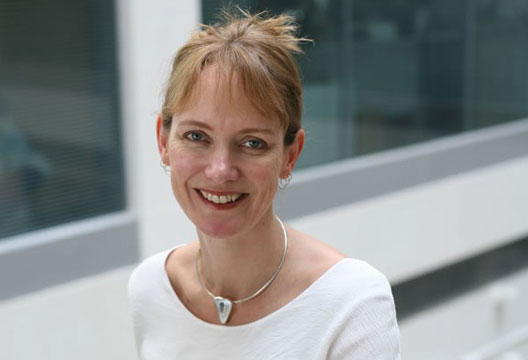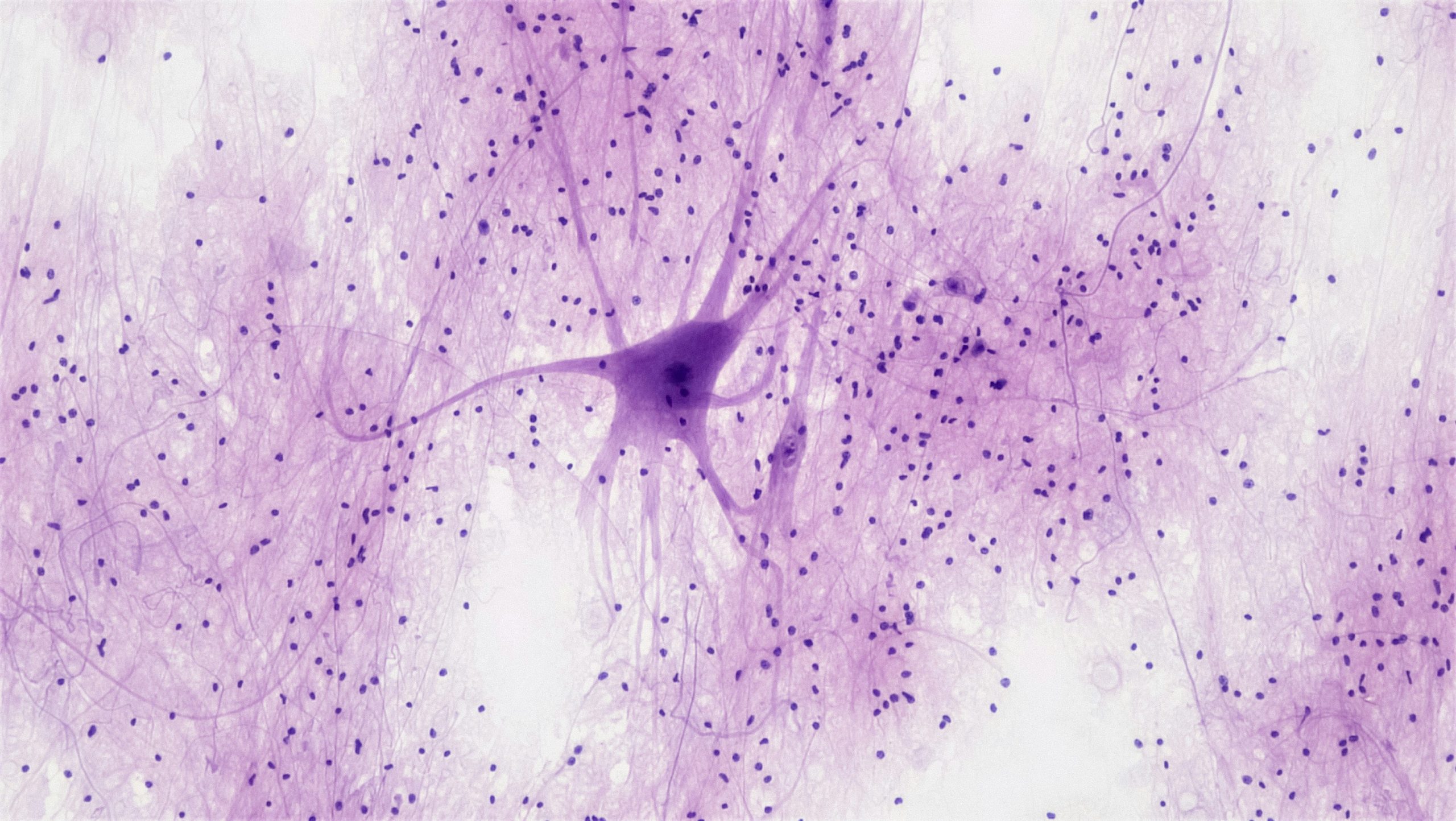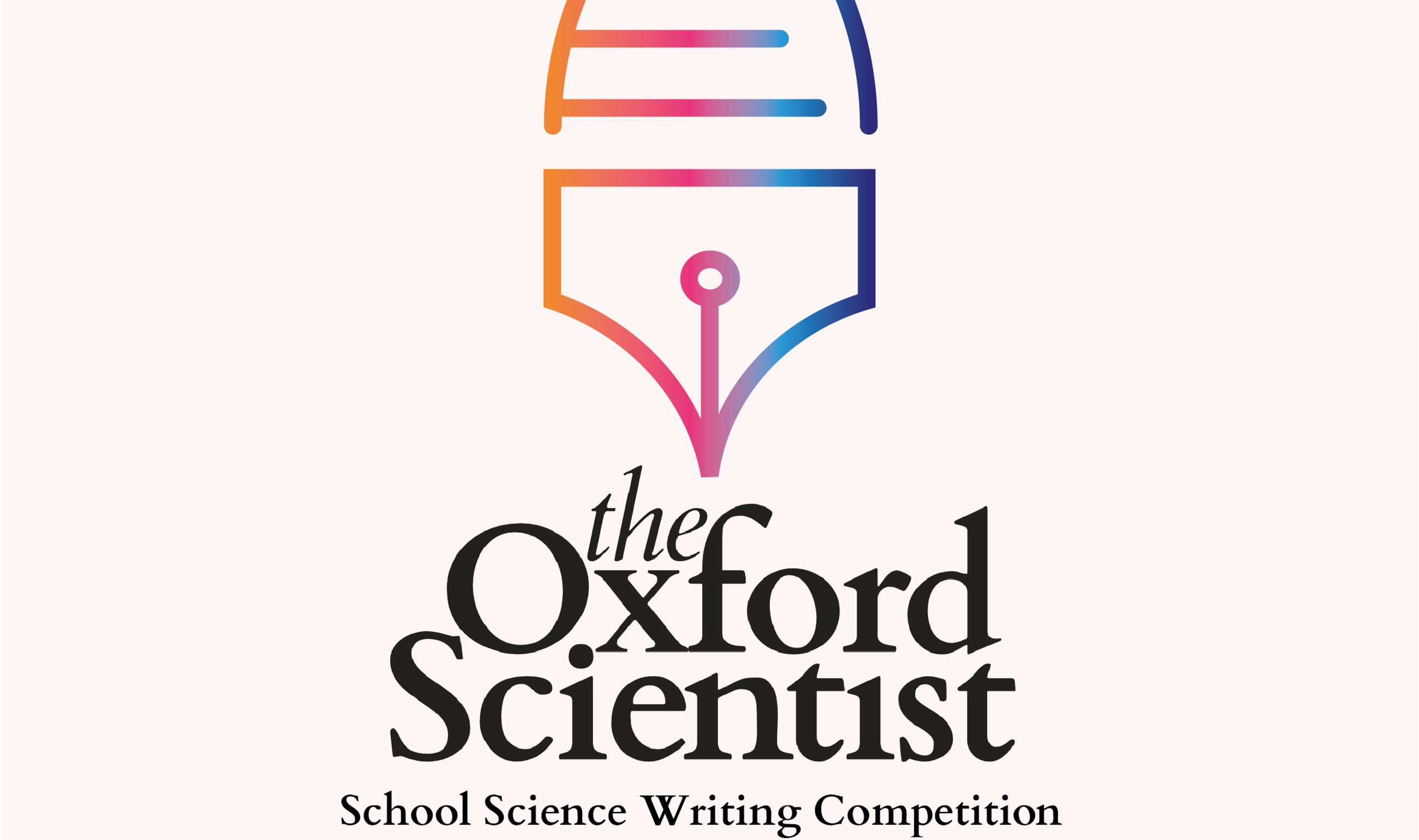Louisa Neill, Year 11, Downe House School, Berkshire
Professor Francesca Happé is a professor of cognitive neuroscience at King’s College London, and for the last 30 years she has been studying autism, especially in women and the elderly. She is also a Fellow of the British Academy, the Academy of Medical Sciences and is a Royal Society Rosalind Franklin Award winner, just to name a few of her achievements. However, her accolades are not what make her an inspirational scientist. She has helped to further the world’s understanding of autism using new techniques and has produced research about neglected groups affected by autism, such as women and girls.
After studying experimental psychology at Oxford University, she developed an interest in autism while working as an assistant for cognitive researchers in London. She got involved in a study researching memory skills on autistic ‘savants’ – high-functioning individuals with incredible memory skills but low measured IQs. Although she originally found the field of autism too upsetting, Happé eventually developed a true passion for the subject and visited autism special schools across the country. For her PhD, she studied ‘Theory of Mind’ and how autistic children interpret the world around them. Theory of Mind refers to the ability of people to pick up subtle social cues or recognise when someone needs or does not know something, even if they have not said anything aloud. Happé’s work was on the small group of children that passed the test but still had difficulties. Her work allowed doctors and scientists to understand the true variety of autism symptoms, and how some seemingly normal individuals can still display autistic traits. This ensures that fewer people who still require help end up slipping through the cracks.
Eventually, Francesca Happé began to use functional neuroimaging and new and more complex cognitive tests. She travelled to Boston in the USA to find out how some stroke patients displayed behaviours similar to that of autism, and who struggled with basic Theory of Mind tasks. They did indeed discover that strokes affecting the right hemisphere caused autism-like symptoms, indicating that autism is very much a physical condition with a set group of brain networks controlling Theory of Mind. Connecting two fields like this is an original and advanced way of making new discoveries, and further proves why Happé is such a forward-thinking, innovative scientist. She also used this technique to discover what affect genetics had on autism and to what extent it was hereditary. Autism did in fact turn out to be at least partially hereditary, with many parents and twins of neurotypical children displaying both an abnormally advanced eye for detail and autistic tendencies.
The study of women with autism is one of the most under-researched areas in science, but this is one of the deepest areas of research for Francesca Happé. It has been assumed for many years that women simply do not get autism as much as men, but in fact, Happé has proven that the ratio is only around 3 males to every 1 female with autism, far smaller than previous estimates. Another reason discovered by the professor as to why women slip through the cracks is that they tend to have a very different diagnostic profile than men and are therefore often misdiagnosed. For example, many autistic girls have very typical interests for their age but will only be interested in a specific area or only in gathering facts rather than experiencing their interest. Including women in cognitive studies and furthering knowledge about women’s cognitive health is modern and inspiring and is part of a larger movement towards equality for women worldwide. In the future, women will hopefully be diagnosed correctly and far earlier in life.
Professor Francesca Happé is an awe-inspiring woman who has been instrumental in advancing the world of autism and has been able to further women’s equality at the same time. She is helping society understand that those with autism are not to be stigmatised and is helping the health service better protect and understand the people they work with. She is truly incredible.
Runner-up for the Schools Science Writing Competition, Michaelmas Term, 2020
Image credit: thepsychologist.bps.org.uk





